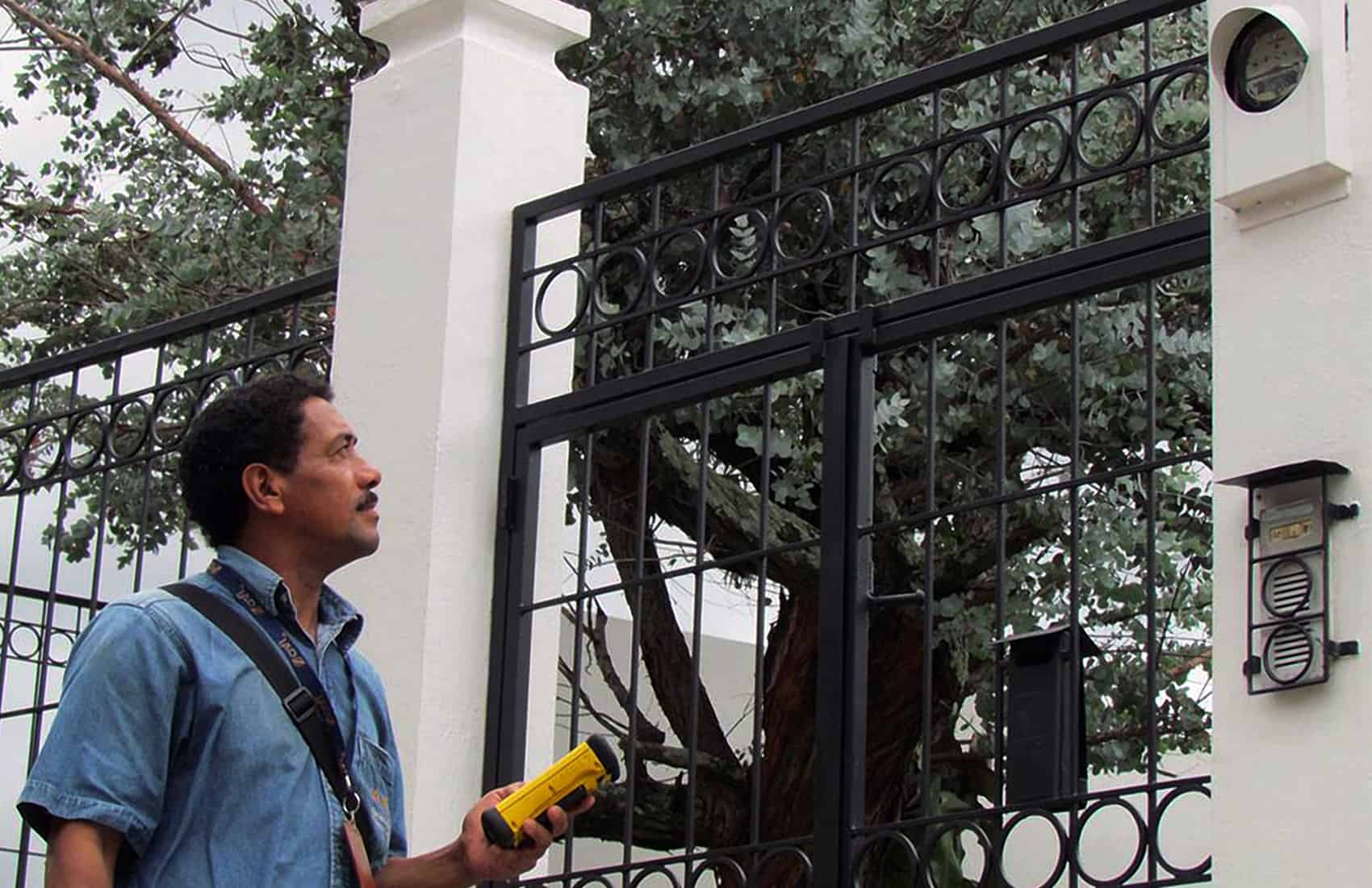Officials from the Ombudsman’s Office attended a public hearing at the Public Services Regulatory Authority (ARESEP) to voice their rejection of two hikes in electricity rates requested by the National Power and Light Company (CNFL).
CNFL’s customer base encompasses most of the Greater Metropolitan Area, including San José and parts of Alajuela, Heredia and Cartago.
The agency filed two rate petitions in March that, if approved, would apply in two stages. A 26.6 percent increase would apply between July 1 and December 31. Starting in January, rates would be 13.75 percent higher than they were before July.
The Ombudsman’s Office in a public statement called the hike petition excessive, in relation to the economic situation of most Costa Rican families.
“It could also hurt job creation, as the CNFL requested new rates for both households and businesses,” the document states.
Funding shortfall
The CNFL argued that it needs the rate hike because it lacks funding for this and the next year, and that the measure would compensate for the purchase of electricity from the Costa Rican Electricity Institute.
Ombudsman’s Office advisors said at the public hearing that the studies on which the CNFL based its hike requests are deficient. They asked the CNFL to coordinate actions with ARESEP in order to “solve both technical and administrative deficiencies of the tariff study they presented.”
The Ombudsman’s Office representatives said that these deficiencies are precisely the reasons why ARESEP rejected similar rate modification requests that the CNFL filed in 2013, 2014 and 2016. They asked the regulating agency to, instead, approve hikes progressively over a longer period of time, in order to reduce the economic impact on clients.
ARESEP also received separate requests to dismiss the CNFL petition from the Costa Rican Association of Large Energy Consumers and from the Costa Rican Chamber of Industries. Both groups argued that the requested hikes are excessive and that they would seriously hurt competitiveness.
Several companies in recent years closed or relocated their operations in Costa Rica, citing as the country’s high electricity rates as one of the main reasons.






